Baltimore Dental Co.
EMERGENCY DENTISTRY
MISSING, BROKEN OR CRACKED TEETH
Experiencing tooth loss, whether it's a single tooth or multiple teeth, can have a real impact on your oral health and overall well-being. We understand that, and at Baltimore Dental Co., we're here to help you navigate this with compassionate and expert care. Leaving missing teeth unaddressed can lead to changes in your jawbone and the movement of other teeth, and even increase the risk of future dental problems and other health concerns. That's why we believe in the importance of finding the right solution for you, and we offer a range of effective and personalized treatments to restore your smile's function, health, and natural beauty. We're committed to helping you feel confident and comfortable throughout the process.
f you've recently lost a tooth, please give us a call right away so we can explore the best way to replace it for you. We have several great options to fill those gaps. For a single missing tooth, a dental implant is a fantastic, long-term solution that feels and looks natural. It's like a little anchor with a beautiful crown on top. If you're missing a few teeth in a row, a dental bridge might be just what you need to connect the remaining teeth and fill the space. And if you're missing a whole set of teeth, dentures can make a world of difference. We offer both removable options and implant-supported dentures, which are super secure and don't require any messy adhesives.
If you've chipped, cracked, or broken a tooth, even if it seems minor, we always recommend giving us a call right away to describe what happened. Sometimes, even small damage can weaken the tooth and make it more likely to have further problems, get infected, or even be lost. Until we can see you, try to keep the area as clean as possible and avoid chewing on that tooth. We're here to help you get your smile back to its best!
EMERGENCY DENTISTRY FAQS
Here are some answers to frequently asked questions regarding emergency dentistry:
What Qualifies As A Dental Emergency?
Many situations qualify as a dental emergency. Sudden tooth pain, swelling, a gum lesion resembling a pimple, tooth loss, excessive gum bleeding, broken teeth, detached dental crowns, and broken bridges should be discussed with our office as soon as possible. If you are unsure if your situation qualifies as an emergency, contact our friendly staff. We are happy to help guide you in determining how swiftly you should act.
How Do You Handle A Dental Emergency?
We will see new and existing dental patients at our next appointment opening. You will be evaluated within a few business days but generally quicker depending on the state of your emergency.
What Should I Do If I Experience A Dental Emergency Over The Weekend?
Please call our office and leave a voicemail in our main mailbox and we will contact you when our office reopens. Patients of record may reach out to the emergency doctor line. The doctor may call in a prescription to your pharmacy, if appropriate. Unfortunately, we are unable to call in prescriptions if you are not a patient of record. If you are experiencing pain, you should take over-the-counter pain management medication. If you are experiencing swelling, it is important to manage the amount of inflammation you are experiencing. If you become extremely swollen, it becomes a concern that your airway may become obstructed.
When Should I Go To The ER For A Dental Emergency?
If you are experiencing extreme swelling, an antibiotic may be required to maintain an open airway. If you are a patient of record, we are happy to help you with this process. If you do not currently have a dentist and are concerned about the amount of inflammation you are experiencing, you may need to visit the emergency room if a dental office is unable to see you immediately. The ER will only be able to prescribe antibiotics and will not address the root cause of the swelling – you will still need to be seen by a dentist as soon as possible.
If you suspect you’re dealing with a dental emergency, contact Baltimore Dental Co. today at 410.833.4664. We are here to help and will schedule you for our earliest available appointment.


